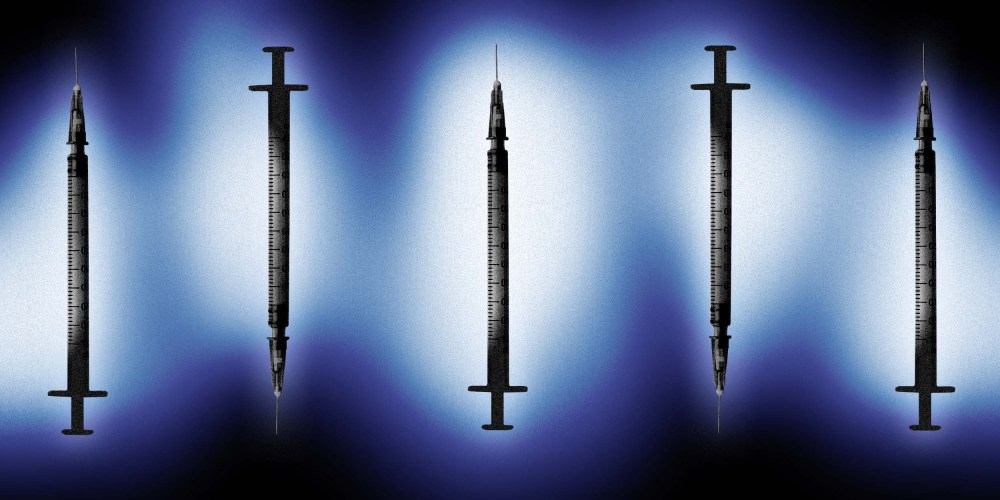The law allows for vaccine requirements without religious exemptions. Not only that, but morality mandates it. Therefore, we should abolish religious exemptions for vaccine mandates. Religious objections to vaccines are not a license to kill.
The Constitution is not a roadblock for such vaccine mandates. We have a strong tradition of protecting the freedom of religion in our country, as we should. The First Amendment specifically guarantees that the government cannot prohibit “the free exercise” of religion. In plain English, that means every individual has the right to hold their own religious beliefs and to engage in actions or practices in support of those religious beliefs without government intrusion.
Except the First Amendment doesn’t exactly mean that. The freedom of belief is absolute, but the freedom to engage in actions in support of that belief is not — nor should it be.

Why aren’t the protections afforded to individuals under the free exercise of religion absolute? Because that would actually harm the rule of law, public safety and general welfare. As far back as the late 19th century, the Supreme Court has acknowledged it would be absurd to allow people to opt out of many generally applicable laws by simply claiming their religious beliefs compelled contrary action. In 1879, the court correctly posited, “Suppose one believed that human sacrifices were a necessary part of religious worship; would it be seriously contended that the civil government under which he lived could not interfere to prevent a sacrifice?”
That would make laws optional for people claiming a religious exemption. Each person would be in charge of which laws she wanted to comply with and when.
The “protection of society” would surely seem to include obtaining a vaccine to protect oneself and others from a deadly virus.
So we know the government can sometimes impose regulations, even if those regulations burden actions taken in furtherance of religious beliefs. But when? The Supreme Court concluded in 1940, “Conduct remains subject to regulation for the protection of society.”
Call me crazy (and I’m sure many will after this column) but the “protection of society” would surely seem to include obtaining a vaccine to protect oneself and others from a deadly virus. This is perhaps the quintessential example of the government having a compelling interest to enact a law, even if it arguably burdens the freedom of religion in some narrow cases.
Fast forward to 1990, when the Supreme Court concluded the government can regulate conduct — in that case ingesting peyote — without an exception for an individual’s religious beliefs. Legally, the key is to make sure the law is neutral and generally applicable. This essentially means the law applies to everyone who engages in that conduct, regardless of their religious beliefs. Conservative Supreme Court Justice Antonin Scalia, writing for a majority of the court, concluded then that to rule otherwise “would open the prospect of constitutionally required religious exemptions from civic obligations of almost every conceivable kind,” including, he wrote, “compulsory vaccination laws.”
So 31 years ago, the Supreme Court concluded once again that it is OK in certain circumstances to burden the free exercise of religion.
In 1993, Congress passed the Religious Freedom Restoration Act in response to the Supreme Court’s 1990 decision and in an effort to provide more protection for individuals under the First Amendment. However, it remains true that the government can pass neutral, generally applicable laws where it has very good reason for the law and where there really is not a better way of trying to accomplish the government’s objectives.
Mandatory vaccination laws are just that. On their face, they apply to all students, employees or customers. They are motivated by valid health and safety concerns, not religious animus, and they should be found to be constitutional.













